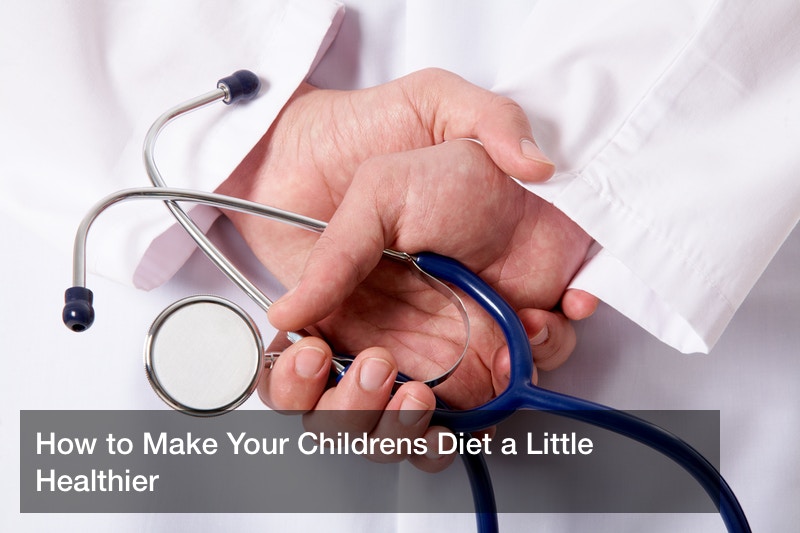

Information on best practices for raising a child is always changing with new information and studies that are released. Now, due to a new study conducted by King’s College, London, and St George’s, University of London, parents may be encouraged to start feeding babies supplementary solid foods as early as three months of age, earlier than the current average of somewhere after six months.
The study followed 1,303 three-month-old babies and their parents. Half of the babies in the study were solely breastfed in their first six months. The other half ate solid food in addition to breast milk after three months of age. The study followed some long-term affects; parents of the children filled out questionnaires every month until the child was a year old, but also continued to fill out questionnaires every three months until the child reached three years old. The findings? Mothers of babies supplementing breast milk with solid food reported overall higher quality of life, including slightly longer sleep times and fewer sleep issues for their babies than the breast milk-only group.
Babies tend to sleep quite a lot of the day, such as newborns’ tendency to snooze for between 10.5 to 18 hours a day, but much of it is broken up into periods of napping and waking up hungry and in need of a diaper. It’s long been rumored among parents that a little solid food allows babies to stay full, and thus asleep, for longer at night. The British study, published in the JAMA Pediatrics journal, seems to back up that rumor.
Don’t start breaking out the apple sauce and pea puree for your wee one yet. The regulations are under heavy review due to this and other studies, but the American Academy of Pediatrics, the World Health Organization, and just about every leading health organization you can think of still recommend solely breastfeeding a baby up to the age of six months. On top of that, they strongly recommend holding off on baby trying any solid foods until at least the end of their fourth month.
Experts have other valid concerns that need to be addressed in subsequent studies as well. University of Pennsylvania nursing professor Diane L. Spatz is particularly concerned about the study’s implications for the rising child obesity rate. Earlier solid foods means earlier sugar and calorie-heavy diets, and the potential for parents to misunderstand recommended foods for their baby. Spatz also points out how the British study had set out with a different intention, monitoring the effect of early solid food introduction on food allergy development. Despite the interesting findings about sleep, more research on food allergies and correlation with solid food introduction will need to happen before any regulations are changed.
Parents often get frustrated with the constantly changing ‘best practices’ for raising their newborn. From back sleep to tummy sleep, formula to breast milk, blankets to minimal crib mattresses, the variations happen with each passing year. Ultimately, best practices for baby tend to happen on a case-by-case basis, so new parents are always encouraged to speak with their pediatrician and other pediatric experts to set the perfect plan in place for their child.



